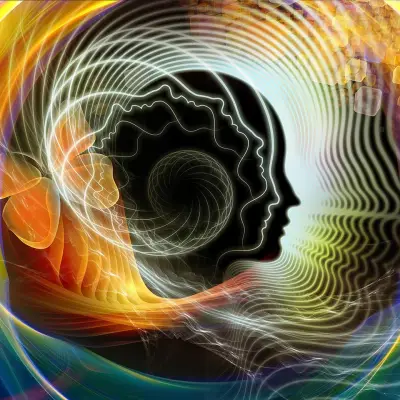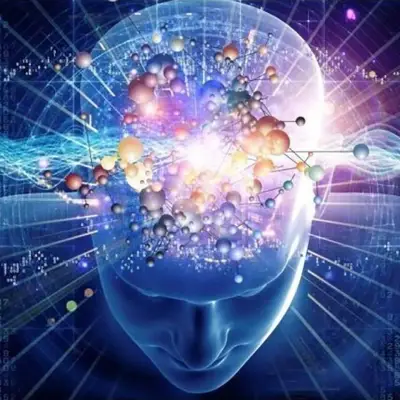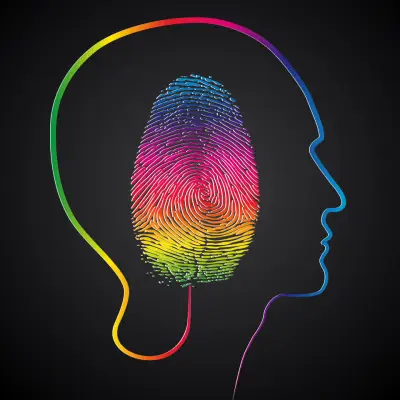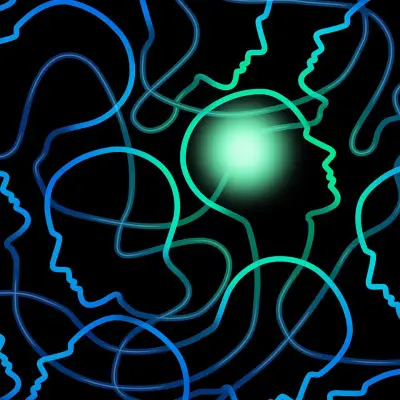Have you ever encountered someone who seems charming yet manipulative, confident but slightly arrogant, and sometimes a bit uncaring? These characteristics might be signs of what psychologists call the "dark triad personality."
This term sounds like something from a mystery novel, but it's a fascinating area in the study of personality traits. Let's dive into what makes up the dark triad personality, why it's important to understand, and how it affects relationships and behaviour.
Jump to:
What Causes Dark Triad Personality?
There's an ongoing debate about what leads to the development of dark triad traits. Research suggests a complex mix of genetic, environmental, and psychological factors. Some theories suggest that certain childhood experiences, such as trauma or high parental expectations, might contribute to these traits.
What are the Three Dark Triad Traits?
The dark triad consists of three distinct but related personality traits: narcissism, Machiavellianism, and psychopathy. Picture it as a triangle, with each point representing one of these traits. They’re considered dark because of their malevolent qualities.

1. Narcissism: The Charming Self-Focus
Narcissism, often perceived as excessive self-love, goes beyond mere vanity. Those displaying narcissistic traits are often driven by a deep need for admiration and a sense of superiority. They may exhibit:
- Grandiose Self-Image: This includes an overinflated view of their capabilities and achievements. They often exaggerate their talents and expect recognition as superior, even without commensurate achievements.
- Attention Seeking: Narcissists thrive on being the centre of attention. They crave constant praise and validation from others and can become dissatisfied or even distressed when they don't receive it.
- Lack of Empathy: A defining feature of narcissism is a lack of empathy. Narcissists struggle to recognise and sympathise with the feelings and needs of others.
- Fragile Self-Esteem: Despite their outward confidence, narcissists often have very fragile self-esteem and are sensitive to criticism.
2. Machiavellianism: The Cunning Manipulator
Named after Renaissance diplomat and philosopher Niccolò Machiavelli, Machiavellianism is characterised by a strategic and often deceitful approach to relationships and interactions. Key aspects include:
- Manipulative Strategies: Those with Machiavellian traits are often skilled in influencing others for personal gain. Their approach can be cunning and tactical, using deception and exploitation without moral consideration.
- Cynical Worldview: A common trait among Machiavellians is distrusting others. They often believe that ends justify the means, even if those means are unethical.
- Emotional Detachment: They tend to maintain emotional distance and often see emotional involvement hindering their objectives.
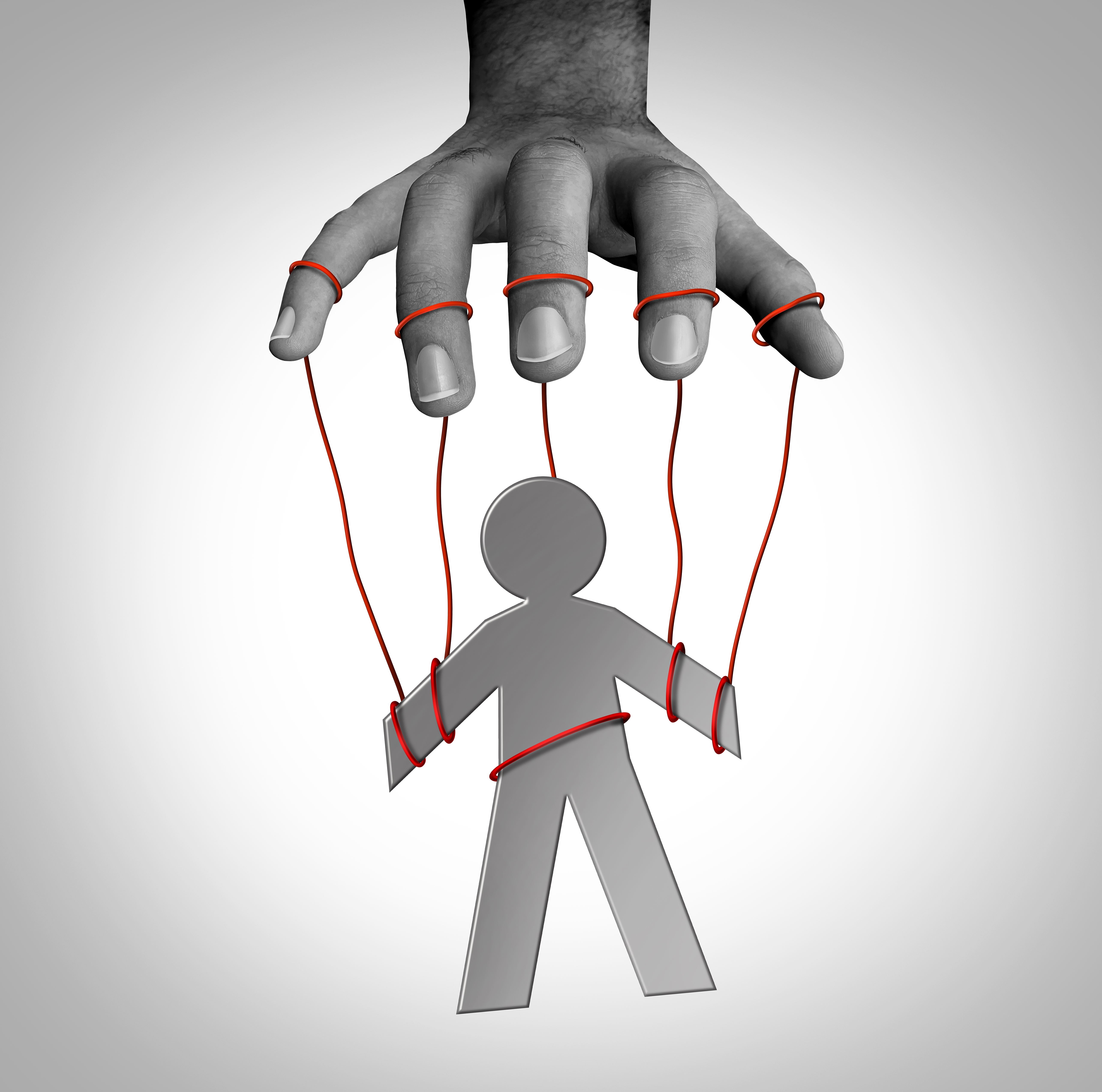
3. Psychopathy: The Callous Unemotional
Psychopathy, perhaps the most alarming trait of the dark triad, includes a range of antisocial behaviours. Characteristics of psychopathy include:
- Lack of Remorse or Guilt: A common trait of psychopathy is a lack of guilt or remorse for actions that harm others. Psychopaths often fail to take responsibility for their actions.
- Superficial Charm: Despite their lack of empathy, individuals with psychopathic traits can be very charming and persuasive. This charm, however, is often manipulative and self-serving.
- Impulsiveness and Risk-Taking: Psychopaths are known for their impulsive behaviours and a tendency to engage in risky activities without considering the consequences.
The Spectrum of Dark Triad Traits
It's important to understand that these traits exist on a continuum. Having certain tendencies doesn't necessarily mean someone has a dark triad personality. Most people exhibit these traits to some degree. The combination and intensity of these traits determine their impact on someone’s life and relationships.
Recognising Dark Triad Traits in Yourself and Others

How Do You Know If You Are a Dark Triad?
Recognising dark triad traits in yourself requires high self-awareness and honesty. If you often find yourself manipulating others for personal gain, feeling little to no remorse for actions that may harm or disadvantage others, or constantly seeking admiration and validation, these could be indicative signs.
Such traits manifest in various ways, like consistently using deceit or charm to influence others, showing a lack of empathy in relationships, or having a grandiose sense of self-importance. Additionally, if you notice a pattern of impulsiveness in your actions, a disregard for societal norms, or a tendency to exploit situations and people without considering ethical implications, these too could signal dark triad tendencies.
What is the Female Dark Triad?
Dark triad personality traits are not exclusive to men. Women, too, can exhibit narcissism, Machiavellianism, and psychopathy, though these traits might show up differently due to societal and cultural influences.
Female narcissism might be less about overt grandiosity and more about a subtle sense of entitlement or attention-seeking through victimhood. Machiavellianism in women could present as covert manipulation tactics, often in social or relational contexts, rather than blatant power plays.
Recognising these traits in women is equally important for personal development, relationship management, and professional interactions. This awareness is key to fostering healthier relationships and communities.
Are You Born With Dark Triad Traits?
When it comes to understanding dark triad traits, one of the most intriguing discussions revolves around the origins of these characteristics. Are people born with these traits, or does their environment shape them? Let's break down the key aspects of this debate:
- Genetic Predisposition: Research indicates a possibility of genetic factors playing a role in dark triad traits, suggesting that some people might have an inherent tendency towards characteristics like narcissism, Machiavellianism, or psychopathy.
- Environmental Influence: The environment in which a person is raised can influence the development of dark triad traits. Family dynamics, social interactions, and cultural norms can reinforce or mitigate these inherent tendencies. Childhood experiences are crucial in shaping personality and can impact how these traits manifest.
- Interplay of Nature and Nurture: The expression of dark triad traits is often a result of the combination of genetic predispositions and environmental factors. Understanding this is essential for a nuanced view of these traits, recognising that they are not solely a choice but also influenced by various external and internal factors.
Recommended for you!
Best SellersWhat Percentage of People are Dark Triad?
It's difficult to determine a specific percentage of people who are dark triad, as these traits exist on a spectrum and can manifest in various ways. Some people may exhibit mild or moderate traits, which can be challenging to quantify in large-scale population studies. Furthermore, dark triad traits can vary significantly based on cultural, societal, and individual factors, making a universal percentage difficult to obtain. What's clear, however, is that dark triad traits are present to some extent in a portion of the population.
Is Dark Triad a Sociopath?
While there are overlaps, particularly with psychopathy, being a 'dark triad' individual doesn't necessarily make someone a sociopath. Sociopathy, which falls under the broader category of Antisocial Personality Disorder, is a more specific and severe mental health condition. It’s characterised by a pattern of disregard for the rights of others, lack of empathy, and, often, criminal behaviour.
Those with dark triad traits, on the other hand, may not exhibit the same level of antisocial behaviour. Their actions, though possibly manipulative and lacking in empathy, do not always extend to the more extreme behaviours associated with sociopathy.
Empower Your Understanding with the Centre of Excellence
If you want to deepen your understanding of these traits, our Dealing With Narcissism Diploma Course will equip you with valuable insights to navigate any environment.
What Will You Gain?
- In-Depth Knowledge: You will gain a thorough understanding of narcissism as a key component of the dark triad, including its psychological basis, manifestations, and impacts on interpersonal dynamics.
- Practical Tools: The course provides effective strategies and tools for managing and interacting with individuals exhibiting narcissistic traits, enhancing your ability to maintain healthy relationships and environments.
- Personal Empowerment: Equipped with this knowledge, you’ll be better positioned to foster positive interactions and protect yourself from potential negative impacts.
Special Offer
In our mission to spread knowledge and empower lives, we are excited to offer the Dealing With Narcissism Diploma Course at a discounted price of just £29. Seize this opportunity to invest in your personal and professional growth.

